What is royalty-free music?
For YouTubers, Twitch streamers, TikTok stars, and more, royalty-free music is an essential part of the creative process. So, what is it?
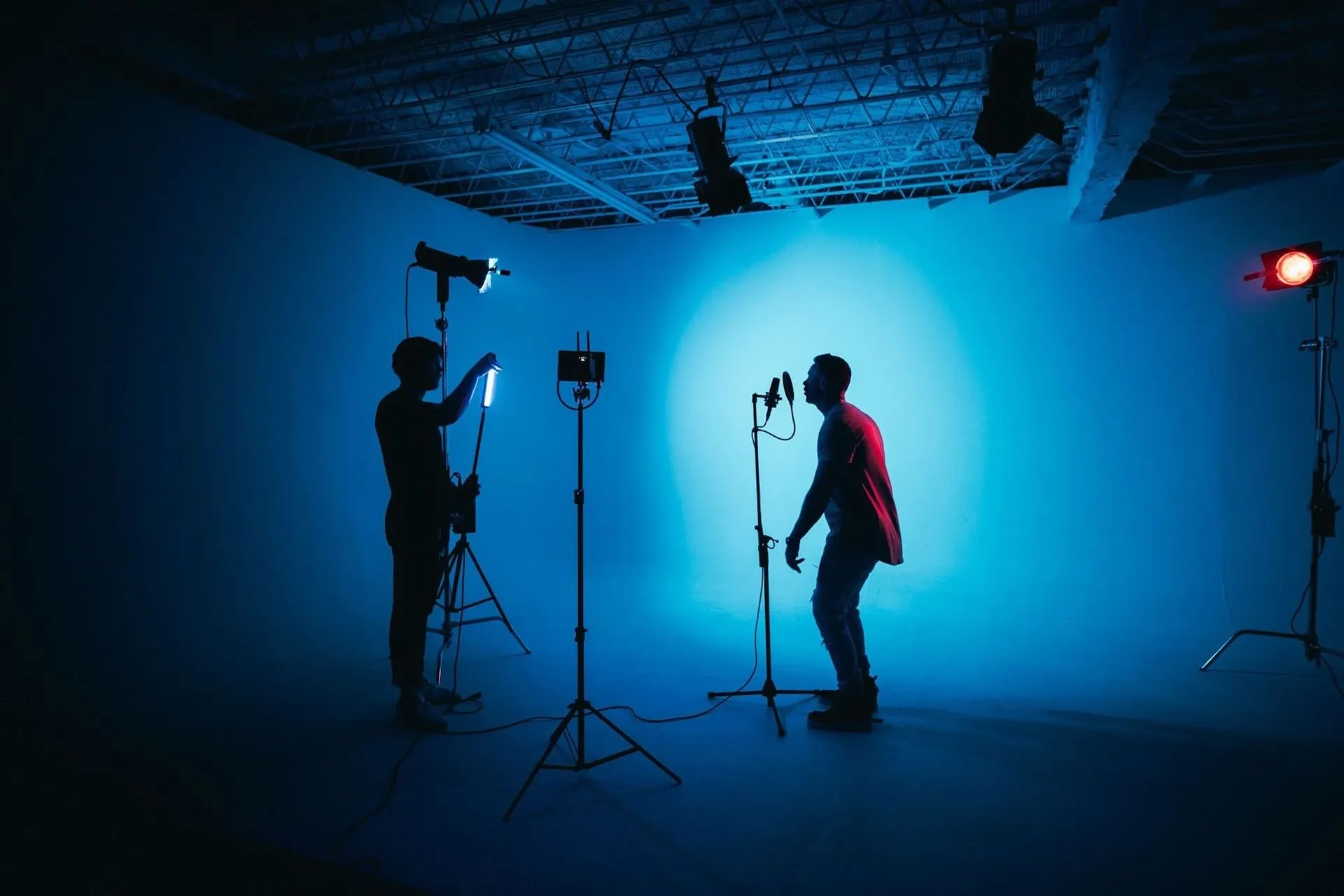
You’ve probably heard a lot about royalty-free music in YouTube videos, Twitch streams, TikTok clips, and more. Royalty-free music is popular throughout online content creation, but what is it, what are its limitations, and is there a better option available?
We’ll cover:
- What does royalty-free-music mean?
- Is royalty-free music free?
- Is royalty-free music a genre?
- Why use royalty-free music?
- Are there different types of royalty-free music?
- What’s the difference between royalty-free and direct licensing?
- Where do you get royalty-free music?
- Is royalty-free music stock music?
What does royalty-free music mean?
The definition of royalty-free music — not to be confused with copyright-free — is music you can use in content without paying royalties to artists or rights holders every time it’s played. You pay for it once, or on a recurring basis if you subscribe to a royalty-free music service.
Royalty-free doesn’t mean that the music creators don’t receive royalty payouts, though — it just means you don’t pay it. That buck is passed on to somebody else, and you needn’t worry about it.
Is royalty-free music free?
No, royalty-free music isn’t free. The word ‘free’ just means you don’t have to pay royalties every time you use that track in your content. If you don’t pay for royalty-free music and obtain all the rights, your content may be monetized by the rights holder, blocked, muted, or removed.
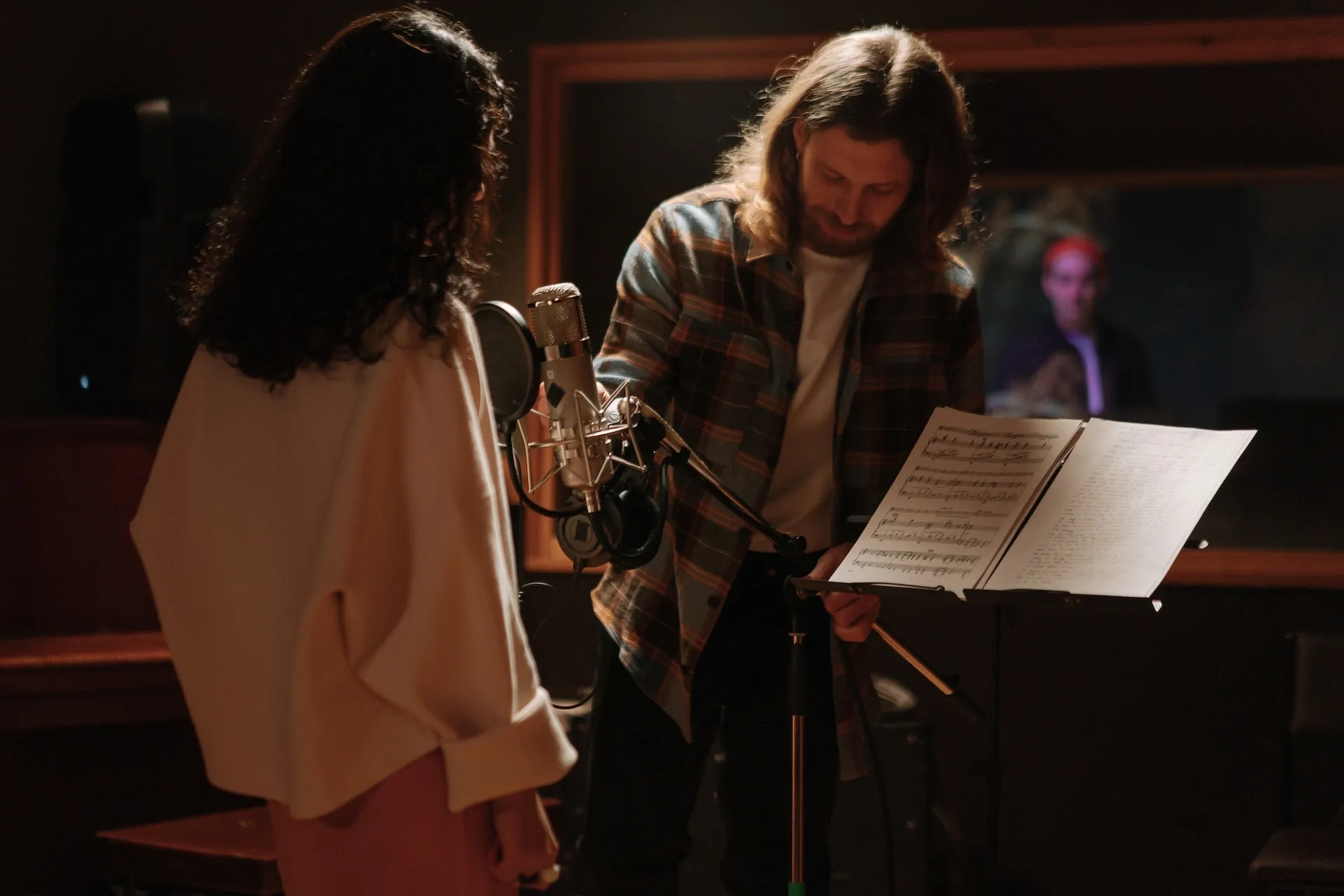
Is royalty-free music a genre?
You might sometimes see royalty-free music being used as a blanket term for music only used in adverts, but that’s not quite the truth. Royalty-free music can be used everywhere, from YouTube Shorts to cinematic Premiere Pro cuts, Instagram to podcasts, from Hollywood blockbusters to yep, adverts.
It can also sound like anything. Royalty-free music can be upbeat, chill, energetic, cinematic, ambient, corporate — whatever. Royalty-free music can lurk in the background of a horror film, spice up a vlog, add some jazz or rock overtones to a TV show, or something else entirely.
Why use royalty-free music?
Traditionally, when licensing music for major productions like TV shows or movies, numerous royalties are paid to the rights holder every time the production airs or a copy of the production is sold. It’s an expensive business — Hollywood studios have paid $500,000 to use AC/DC’s Thunderstruck in their movies, which is the highest recorded amount spent licensing a track.
This licensing model works for some, but it’s often very complex. Paying royalties in different countries, for different kinds of distribution, and repeating everything for any reproduction takes a lot of time, effort, and money.
In recent years, more and more creators have switched to royalty-free music. This is because it only requires one upfront payment to the rights holder, or a recurring payment if you’re subscribing for continuous use of the music.
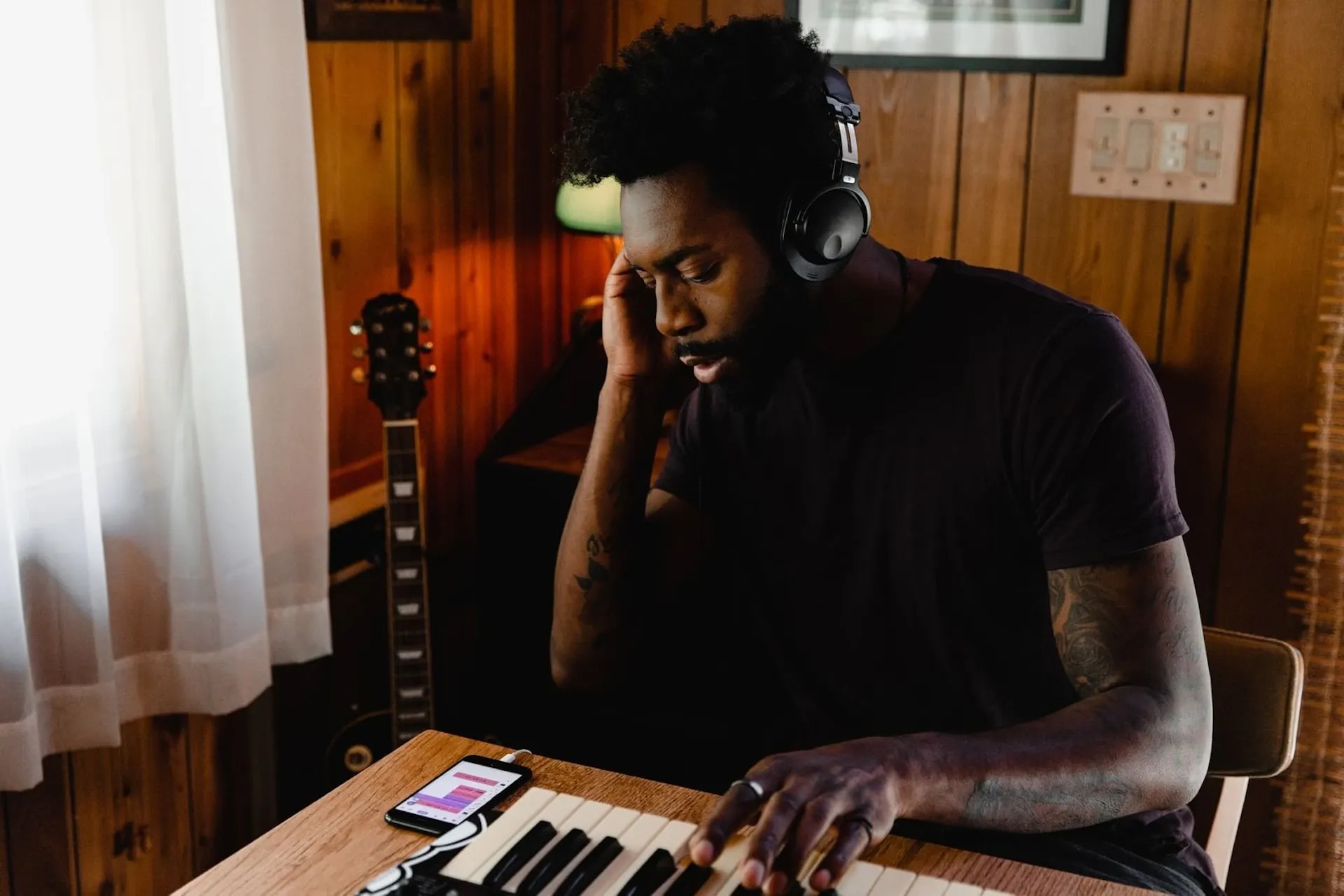
However, royalty-free music companies aren’t always alone in owning the rights to the music in their catalogs. This means you might still get copyright claims from other rights holders.
For example, public performance rights — which you need to lawfully play the track in your public content, offline or online — often aren’t included in royalty-free licenses. If you don’t secure the correct rights, you could face surprise fees, takedowns, lawsuits, retroactive royalties to Performance Rights Organizations (PROs), and more.
Are there different types of royalty-free music?
There are different types of licenses for royalty-free music. Depending on who’s offering the license, royalty-free music could be presented in a variety of ways.
Some of these names include:
- Pre-licensed music
- Single-fee music
- Pre-paid music
- One-stop music
- All-in-one music
- Copyright-free music
It can get a little confusing, so let’s keep things simple. Epidemic Sound’s catalog isn’t typical royalty-free music — it’s better.
How? Well, we offer a direct license. So, let’s cover that term, and how it takes you beyond royalty-free music.
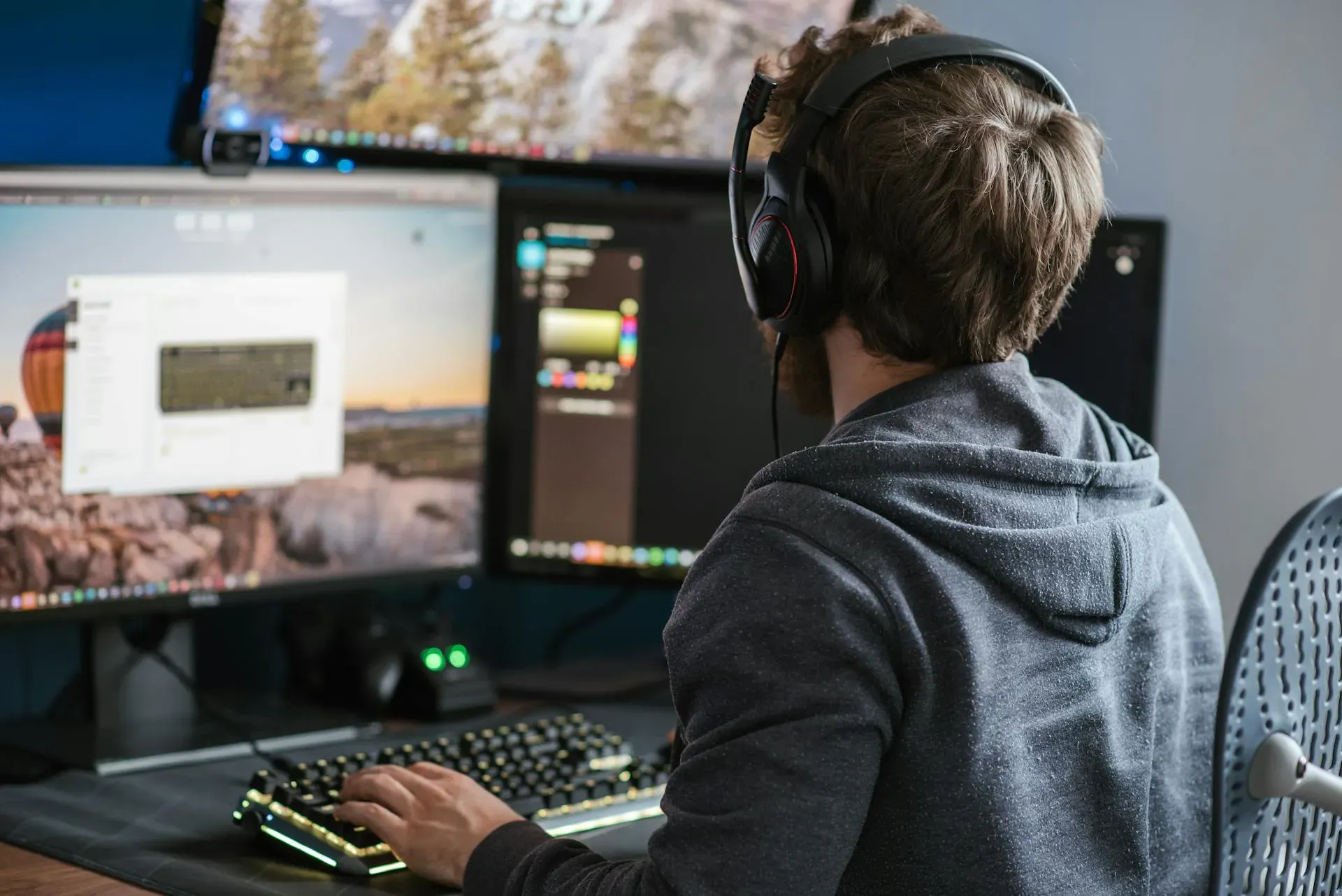
What’s the difference between royalty-free and direct licensing?
As we touched on earlier, royalty-free music companies typically don’t own all the rights themselves. They may own the rights to some music in their catalog, but not to every track. They usually operate as a go-between, clearing the rights with the rights holders and then licensing them to customers.
This means the customer can be responsible to pay for rights not included in that license, like public performance. Royalty-free music doesn’t automatically include public performance rights, meaning you still might have to pay royalties when you publish your soundtracked content on digital platforms.
More often than not, people will be unaware of this, which usually results in their content being impacted negatively once live on public platforms like YouTube.
Direct licensing, on the other hand, goes further. This model means you get a license from a music provider who are the exclusive owners of the rights to the music, including all necessary rights. You can then publish anywhere online without worrying about copyright or royalties. Epidemic Sound gives you a direct license to use our entire catalog.
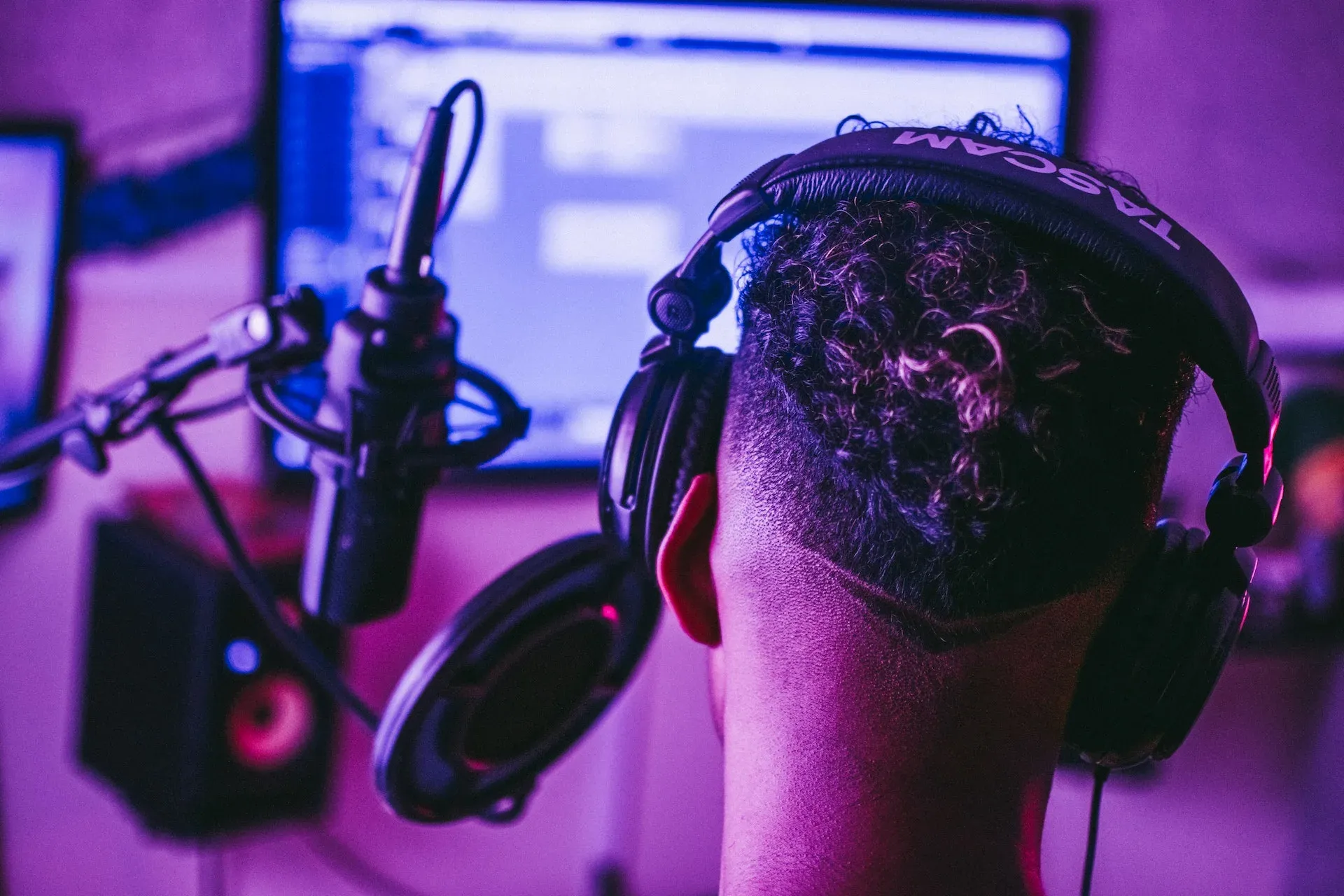
Where do you get royalty-free music?
You can get royalty-free music from a bunch of different websites and providers. However, if you want to go beyond royalty-free music, Epidemic Sound has a massive, top-tier catalog of music that’ll take your content to the next level.
Since we’re the sole owners of the rights to the music in our catalog, including public performance, you can avoid problems with copyright by licensing music from Epidemic Sound. Synchronization rights, mechanical rights and public performance rights? All included. Additional fees or royalties? Forget about it. We’ve got you covered.
Is royalty-free music stock music?
You’ll probably see royalty-free music described as ‘stock’ music or ‘elevator’ music. That’s a sweeping statement. Some royalty-free music does fit that description, and so does some traditionally licensed music.
Stock music is shorthand for ‘cheap’ or ready-made. Low quality, in a nutshell. If you dig into a royalty-free catalog like ours — which goes beyond royalty-free — you’ll discover the opposite.
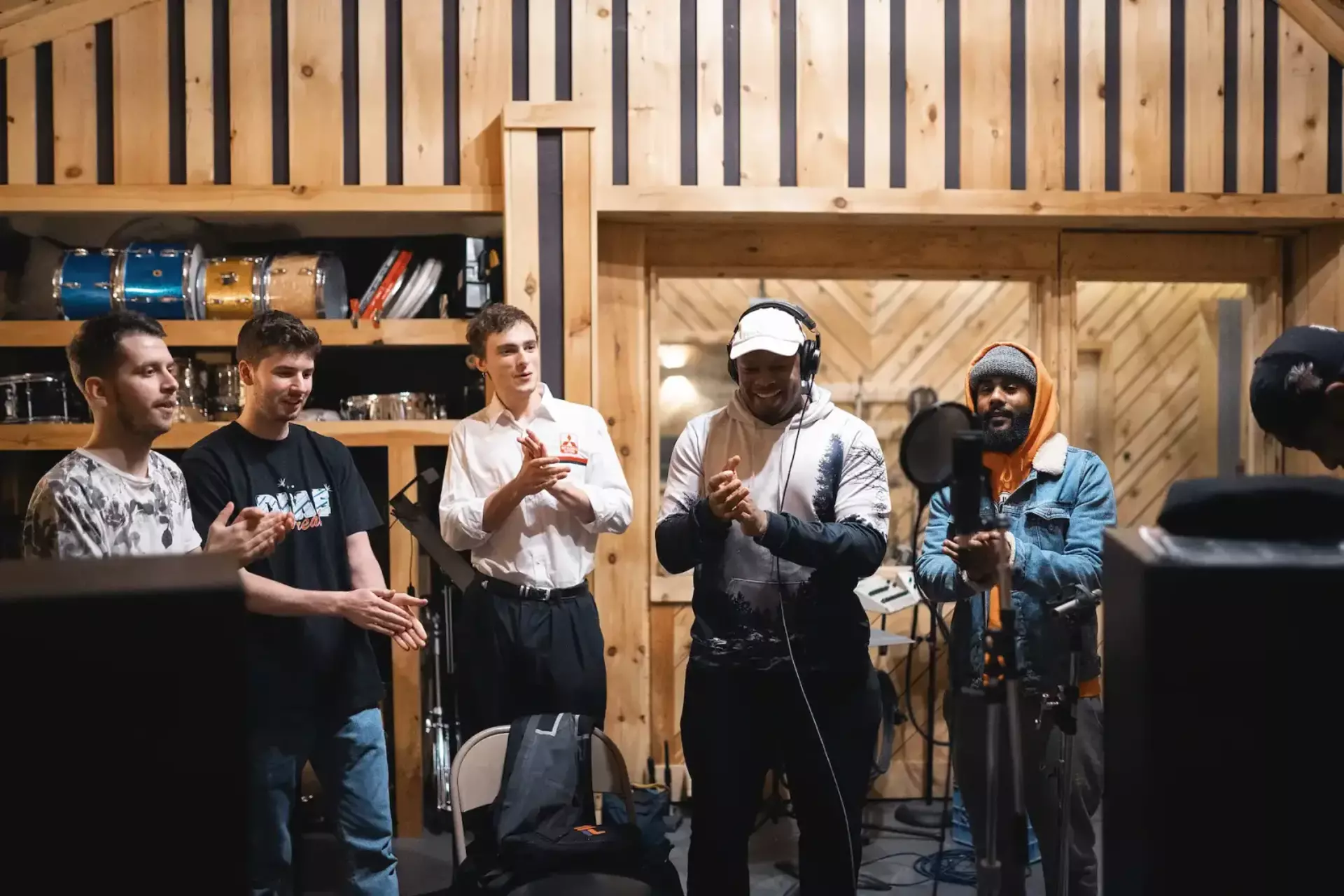
Our tracks are crafted by real artists, and best of all, we guarantee that they’re paid fairly. We provide upfront payouts for every track, a 50/50 streaming royalty split, and an annual $2.5 million bonus that’s divided between our music creators.
That doesn’t sound like stock music to us. That sounds like real music. Read more about how Epidemic Sound works with artists here.
If you want high-quality music under one subscription, with full monetization rights and none of the copyright hassle, check out our catalog. Adjust every track to suit your needs with our stems, create on-the-go with the Epidemic Sound app, and get access to new tracks every day.
It’s better than royalty-free. It’s worry-free. Get started with Epidemic Sound below.

Related posts:

